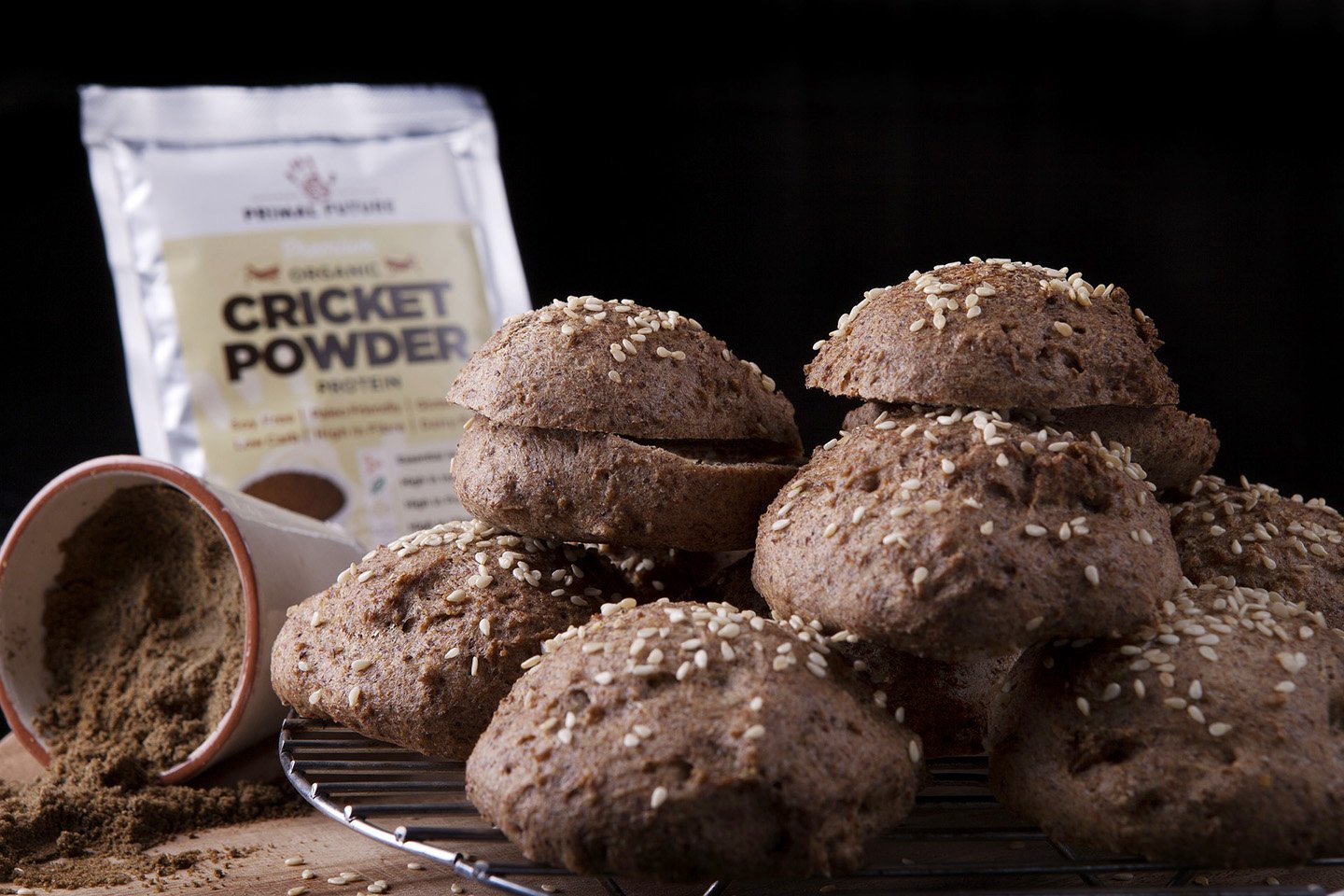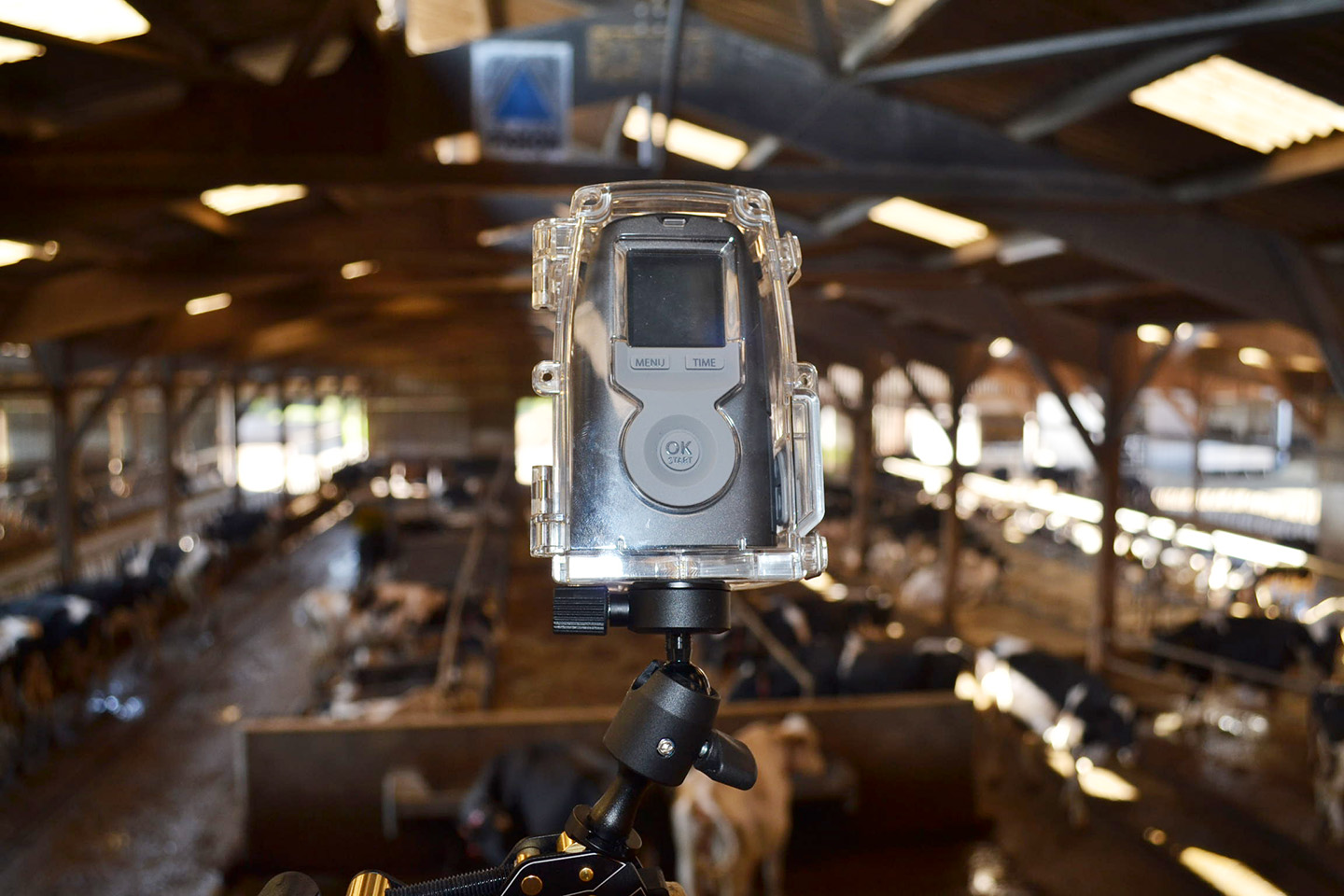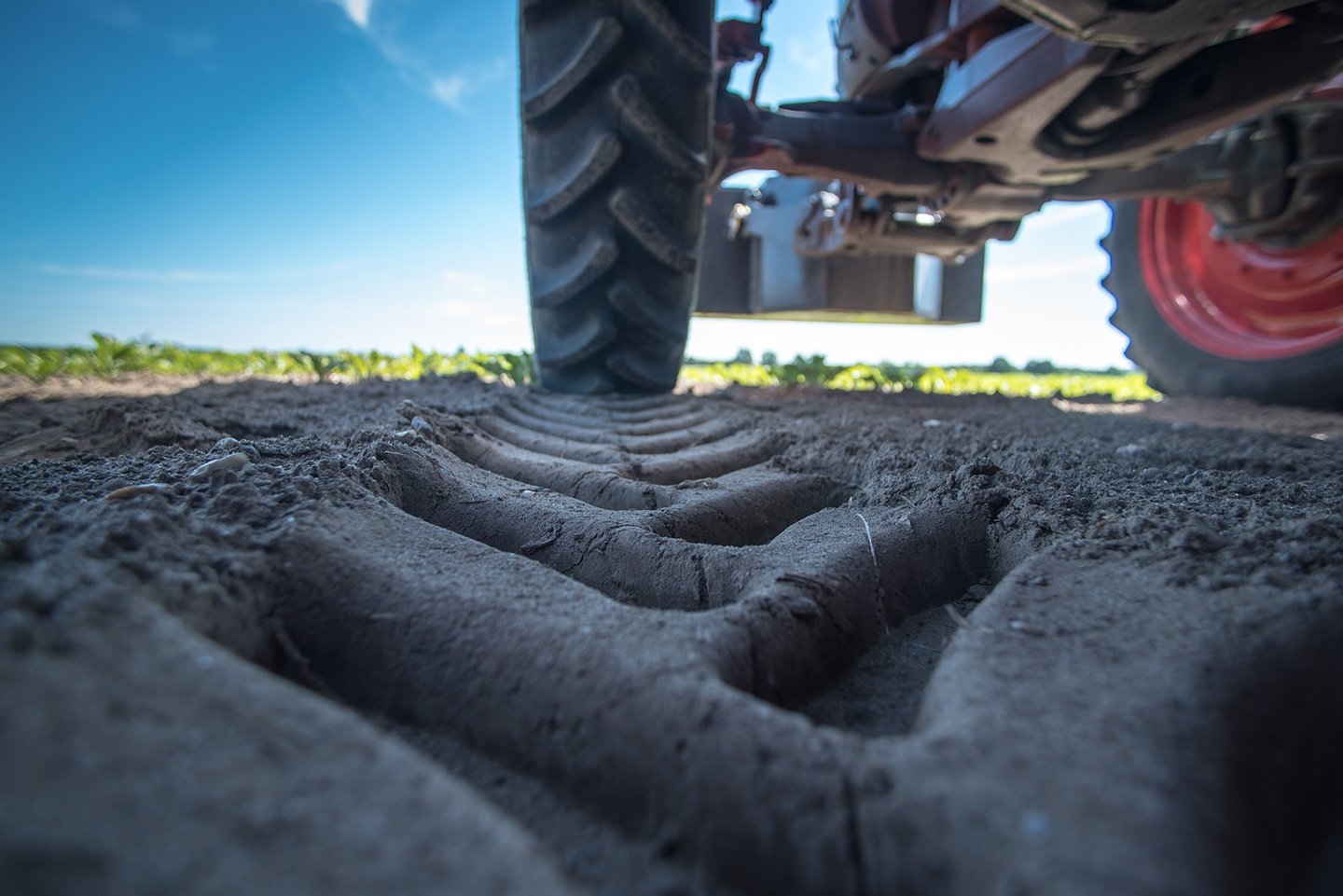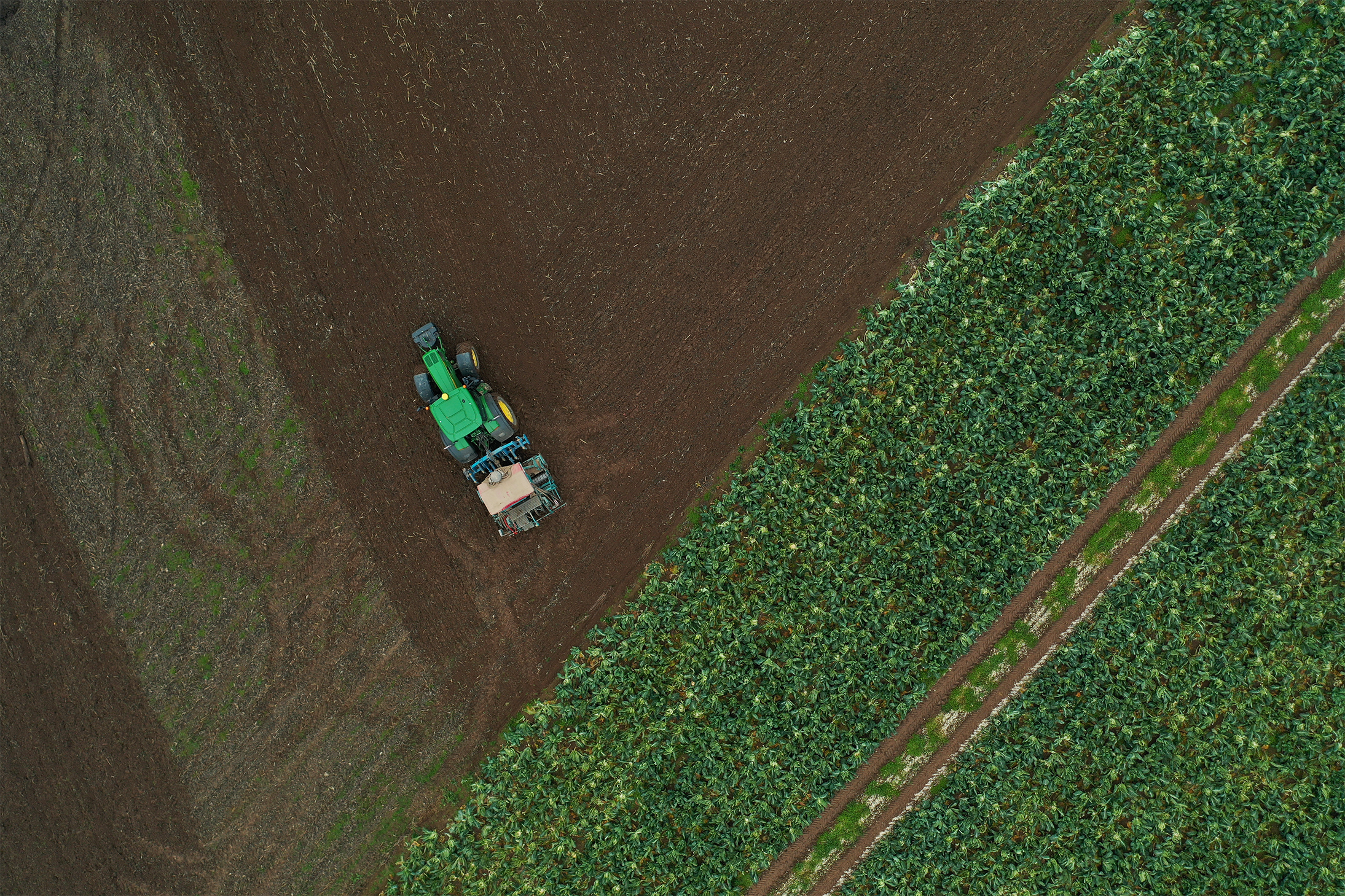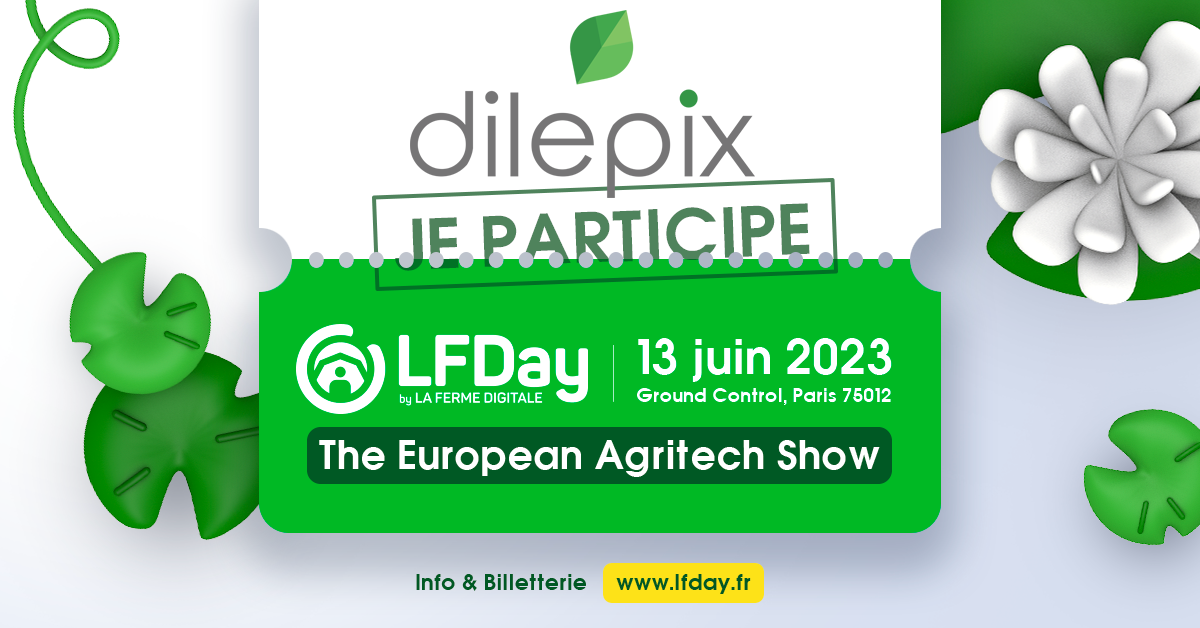We all know that one of the great challenges we face is to find natural, renewable and environmentally friendly resources to feed the growing world population.
Like many other actors in the food chain, we believe that insect proteins could be a serious and sustainable alternative to preserve our natural resources.
It is to encourage European entomoculture that the "Interreg North-West Europe*" program, via the ValuSect consortium, was created.
ValuSect aims to improve the production and sustainable processing of insect-based products and to transfer know-how to agri-food companies in North-West Europe.
How does this project work and how does it intend to encourage the production of food based on insect meals? Can it accelerate industrial insect farming in europe? Who can benefit from this support?
We bring you all the answers in the following article.
#1 How to develop industrial insect farming in europe
The use of insect meal as a foodstuff is still limited in Western countries and needs to be expanded. To boost the sector, the European ValuSect programme plans to meet two challenges:combining production volume and consumer acceptability.
Insect meals: producing more and better
ValuSect wants to increase the competence of insect meal producers in northwestern Europe by transferring knowledge to optimize their production of mealworms (Tenebrio molitor) or black soldier flies (Hermetia illucens): the two most widespread species in Europe.
How does it do this?
Knowledge is transferred to selected companies through pilot demonstrations and field trials.
More attractive insect-based products
However, in order to produce more volume, the consortium will have to work on consumer acceptability. Even if it is known that almost 30% of Europeans are ready to consume insect-based foods, there is still 70% to be seduced.
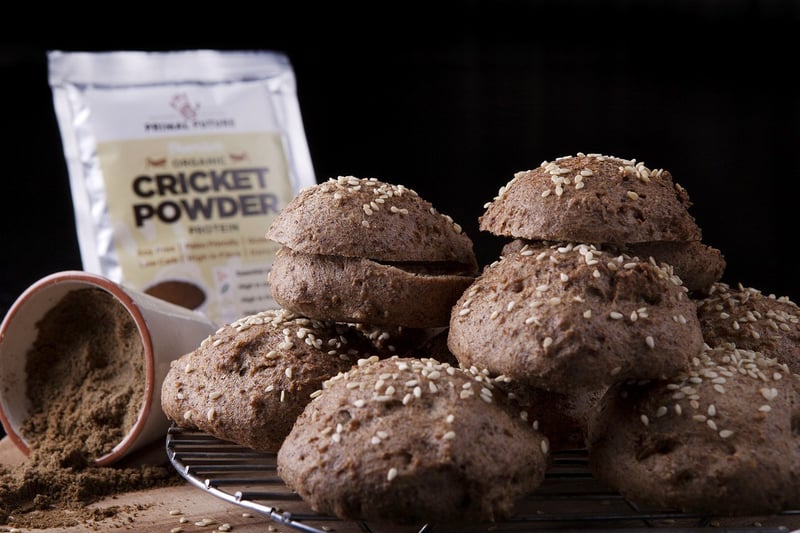
Improving insect meal production processes and consumer attitudes are at the heart of the project, which aspires to consider insects as a crucial element of tomorrow's food. It is therefore essential to promote them to the still reluctant majority.
The project focuses on the development of a acceleration program for insect-based food products.
The support is in the form of vouchers ranging from €10,000 to €40,000 to be exchanged for services provided by the project partners. SMEs in North West Europe benefit from knowledge transfer and support to develop and boost this new market.
#2 Producing insects for humans and livestock
ValuSect's objective is to boost the insect industry by improving the processes and the quality of production and processing. The consortium intends to act on two levers:
Novel food: these new insect-based foods
The European legislation states that "a Novel Food is defined as a food that has not been consumed to any significant degree by humans in the EU before 15 May 1997, when the first Novel Food Regulation came into force".
This legislation covers foods as diverse as insects, algae, novel plant proteins or traditional foods from third countries, and will contribute to the objectives of the "Green Deal" and "Farm to Fork" strategy
- Novel foods to have an authorization before being placed on the market in the Union.
- A rigorous scientific evaluation by EFSA (the European Food Safety Authority). "EFSA shall verify, in the light of the scientific evidence available, that the food does not present a risk to human health".
To date, three species of insects are authorized by the EU as "Novel Food":
- the domestic cricket (Acheta domesticus)
- the migratory cricket (Locusta migratoria)
- the mealworm (Tenebrio molitor).
The novel food is to be processed in frozen, dried or powdered form. It is intended to be marketed as a snack or food ingredient in a number of food products.
Dilepix applied to the ValuSect program to diversify its range of quality control solutions, benefiting from the expertise of Thomas MORE University on mealworm (Tenebrio molitor) farming.
The Black soldier fly (Hermetia illucens) is also widespread in Europe, but is not yet authorized for novel food. For the time being, its production, marketing and consumption are mainly for animal feed.
Producing insects for feed
The ValuSect program includes a second component in its support: promoting insect breeding in pig and poultry production.

In November 2021, the European Commission authorized the use of processed animal proteins (PAP) in poultry and pig feed. Companies wishing to boost their competitiveness on the promising livestock market can apply for support and join the program.
This is what Dilepix did!
Our application has been selected and we will be able to benefit from the expertise of Thomas More University in the field of food development and innovation.
👉 Click on the following link to learn more about the ValuSect attribution 👈
#3 Dilepix and Thomas More University partners
Thomas More, University of Applied Sciences is also the coordinator of the ValuSect project.
In parallel to the program, we have jointly started R&D work to accelerate the development of technological solutions to improve the manufacturing process and to improve the monitoring and quality of the production of mealworm.
Thomas More is supporting us with recommendations and feasibility studies that will contribute to the design of monitoring and quality control tools.
"We form a win-win duo because on the one hand, Thomas More uses the Dilepix technology to conduct his experiments. On the other hand, Dilepix benefits from Thomas More's expertise in order to improve our automatic counting solution of Tenebrion larvae" says Jérémy Foisil - Dilepix sales manager. "Until now, our counting solution was mainly aimed at Black Soldier Fly producers, but with the support of Thomas More, we have accelerated its compatibility with mealworms.
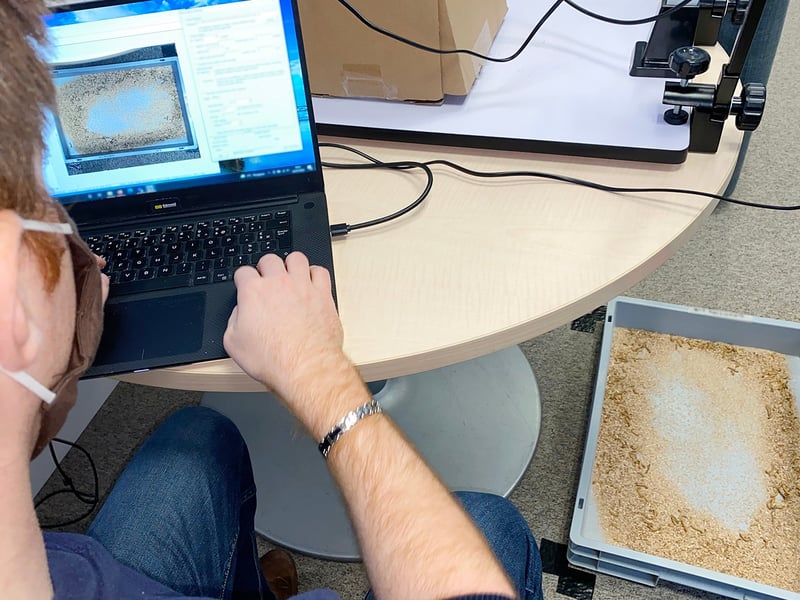
Acquisition session to increase the performance of Dilepix neural networks for larval counting
👉 Note that the sharing of our respective skills should quickly allow the launch of an all-in-one solution within a few weeks.
